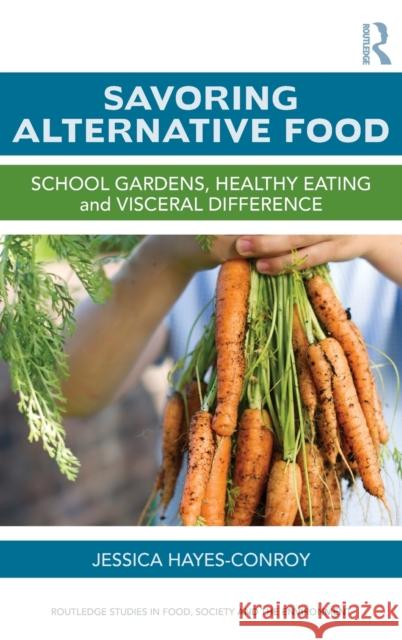Savoring Alternative Food: School gardens, healthy eating and visceral difference » książka
Savoring Alternative Food: School gardens, healthy eating and visceral difference
ISBN-13: 9780415844239 / Angielski / Twarda / 2014 / 208 str.
Savoring Alternative Food: School gardens, healthy eating and visceral difference
ISBN-13: 9780415844239 / Angielski / Twarda / 2014 / 208 str.
(netto: 714,92 VAT: 5%)
Najniższa cena z 30 dni: 705,23 zł
ok. 16-18 dni roboczych.
Darmowa dostawa!
Advocates of the alternative food movement often insist that food is our common ground - that through the very basic human need to eat, we all become entwined in a network of mutual solidarity. In this challenging book, the author explores the contradictions and shortcomings of alternative food activism by examining specific endeavours of the movement through various lenses of social difference - including class, race, gender, and age. While the solidarity adage has inspired many, it is shown that this has also had the unfortunate effect of promoting sameness over difference, eschewing inequities in an effort to focus on being together at the table. The author explores questions of who belongs at the table of alternative food, and who gets to decide what is eaten there; and what is at stake when alternative food practices become the model for what is right to eat? Case studies are presented based on fieldwork in two distinct loci of alternative food organizing: school gardens and slow food movements in Berkeley, California and rural Nova Scotia.











